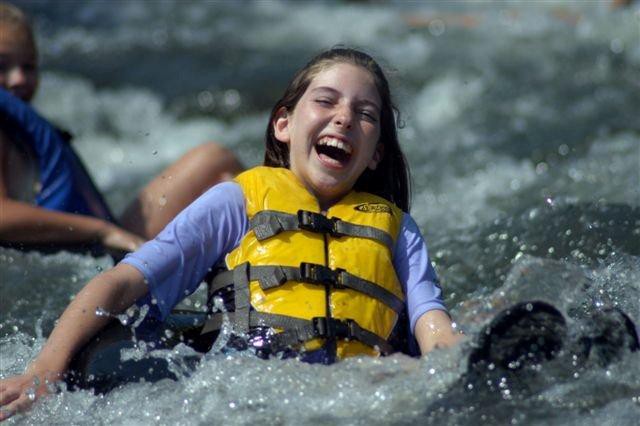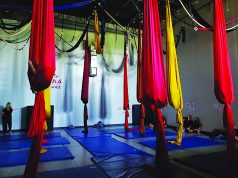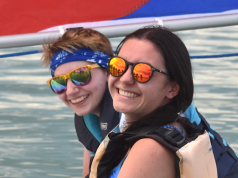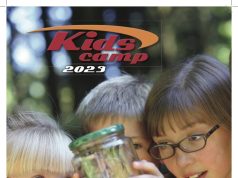
“Not too many years ago, a child’s experience was limited by how far he or she could ride a bicycle or by the physical boundaries that parents set. Today, the real boundaries of a child’s life are set more by the number of available cable channels and videotapes, by the simulated reality of video games, by the number of megabytes of memory in the home computer. Now kids can go anywhere, as long as they stay inside the electronic bubble.”
This quote by author Richard Louv, co-founder of the Children & Nature Network and best known for his groundbreaking book Last Child in the Woods: Saving our Children from Nature Deficit Disorder, may be the incentive needed to choose a nature-focused camp for your budding steward this year.
With ready access to the outdoors in Colorado, making a “natural connection” may seem secondhand. But even here, kids are increasingly living structured and technology-heavy lives. Engaging in the natural world and enjoying unstructured play are said to be imperative to growth, a sense of wonder and development as tomorrow’s environmental protectors.
“Living in and the exposure to nature is significant because nature becomes less ‘other,’” says Ariella Rogge, director of High Trails Ranch for Girls at Sanborn Western Camps, an overnight camp in the Rockies that has been working to foster relationships between campers, nature and community since 1948. “Kids begin seeing themselves as part of the natural world rather than having that separation between nature and self because of heavy media and technology use. … Nature is happening to you. This is a very different experience than it happening somewhere else, like on TV or in a movie.”
Rogge also explains that children, who are fundamentally egocentric, need to make a connection with nature to realize that they are not the center of the universe — they are part of the natural and global world.
Sanborn Western Camps and others like Thorne Nature Experience and Altogether Outdoors help campers make this connection by teaching them principles developed by Leave No Trace Center for Outdoor Ethics, a Boulder-based nonprofit that teaches people how to enjoy the outdoors responsibly.
“Kids learn that anything they pick up needs to put back in the same place,” says Rachel Edelman, development and marketing coordinator for Thorne Nature Experience, a local nonprofit day camp founded in 1954 that provides nature-based education and experiences. “Kids learn how to preserve and why it is important.”
Young kids are taught about habitats while older campers study stewardship in an effort to provide each age group with an experience they can relate to.
“Our programs encourage kids to ask questions about the world around them through games and tools like nets and insect trays,” Edelman says. “It really is about instilling a curiosity that leads to a scientific curiosity and helps them develop a sense of natural appreciation and wonder.”
Some nature-based camps, like Altogether Outdoors, which specializes in day camps in Boulder and Denver and offers sleep-away camps in the mountains, focus less on natural education and more on the unstructured out-of-doors play that Louv promotes as necessary to a child’s development.
Altogether Outdoors keeps campers outside as long as possible and uses no props or gear to entertain or instruct the children, explains Tommy Feldman, Altogether Outdoors’ founder and director. On the first day of camp, kids are expectant and looking to their counselors to tell them what to do. By the end of camp, they realize that, in nature, their playground is everywhere.
“Being outside in itself is a skill,” Feldman says. “The only way to know it is to do it.”














